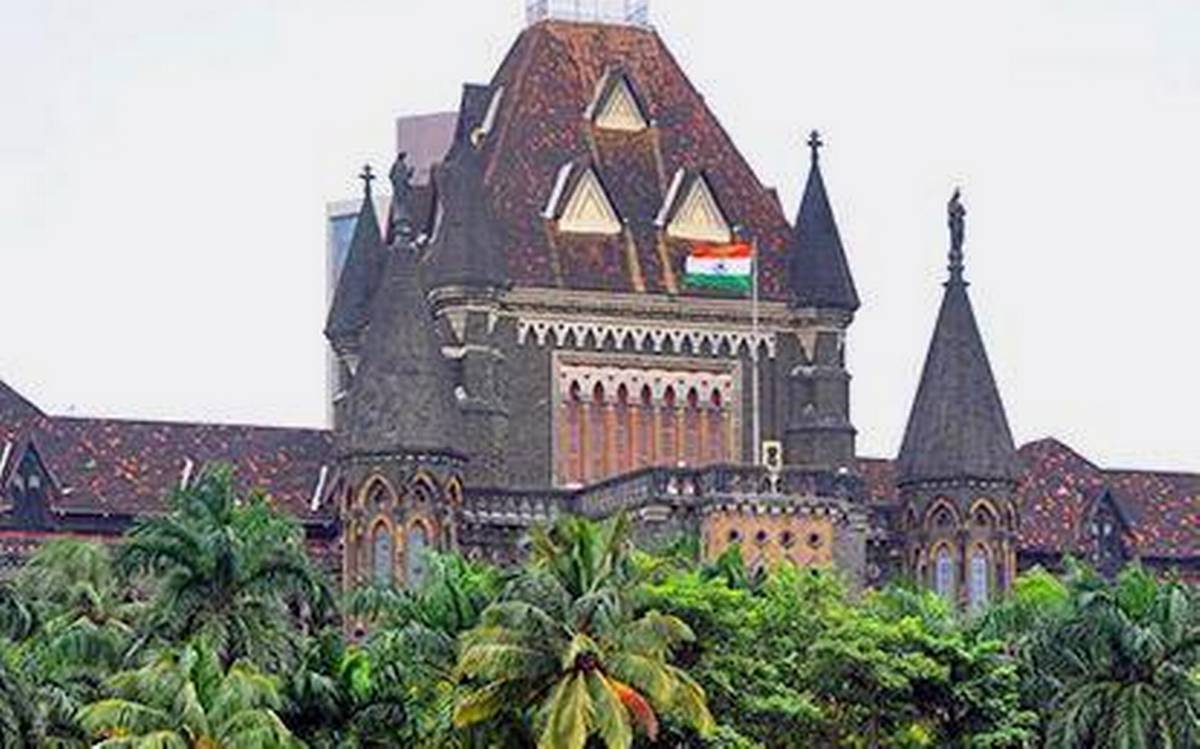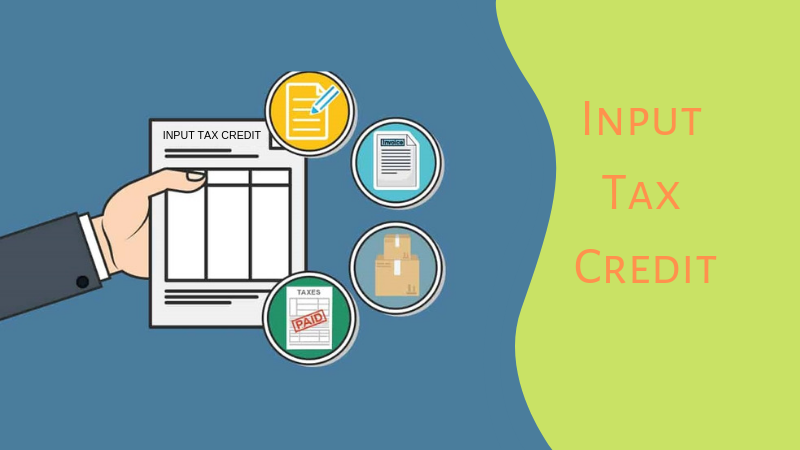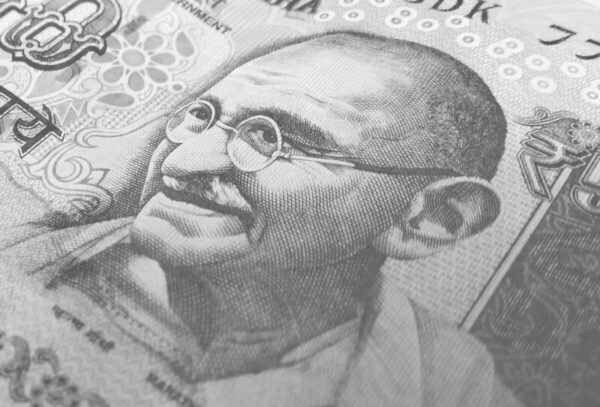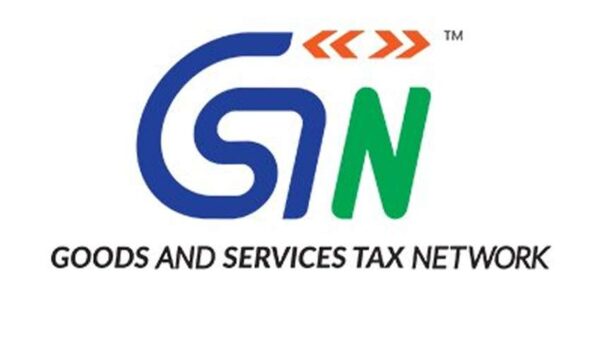The Bombay High Court has held that GST does not apply to the services rendered abroad as they amount to the export of services.
The division bench of Justice S.V. Gangapurwala and Justice M.G. Sewlikar has allowed the GST refund to the petitioner/assessee as the department has failed to establish that the incidence of tax was passed on to the client amounted to unjust enrichment.
The petitioner/assessee is in the business of providing production services to “A Suitable Company Ltd.” (ASCL) located in London. The petitioner has entered into an agreement with ASCL for the purpose of providing the services. The agreement provides that if any refund of tax component is received by the petitioner, the production expenses shall be reduced from the consideration while computing the consideration towards production services. The amount of the tax component received as a refund will be deducted from the production expenses.
The petitioner received and used various input services for supplying production services to ASCL, on which applicable CGST/MGST/IGST services were paid as charged by the vendors. In cases where the services were received from a service provider/vendor located outside India, CGST or IGST on such supplies was paid by the petitioner.
The petitioner filed its first refund application for the period from April to July, 2019. The claim was allowed by the Assistant Commissioner.
The petitioner filed another refund claim for the subsequent period of August 2019 to October 2019. The petitioner received a show cause notice (SCN). The petitioner replied to the notice. The respondent rejected the claim of the petitioner on the ground that the incidence of tax has been passed on to the client, resulting in unjust enrichment of the petitioner. The respondent rejected the claim for a refund of the GST.
The petitioner, being aggrieved by the order of the Assistant Commissioner, filed the appeal before the appellate authority. The appeal was dismissed, and it was held that if a refund were granted, it would amount to unjust enrichment.
The petitioner contended that the principle of unjust enrichment does not apply to export services. Being a zero-rated supply, the principle of unjust enrichment does not apply to the services rendered by the petitioner. The agreement clearly stipulates that if a refund is received, it shall be deducted from the expenses of production. The principle of unjust enrichment does not apply to export services.
The department contended that the petitioner has admitted that even in the case of alleged unjust enrichment by the petitioner, the credit notes will nullify the effect of the same. The GST law does not contemplate any mechanism for paying back the GST by way of the issuance of credit notes. The petitioner has admitted that when the refund is obtained, the GST collected from the recipient would be paid back. It shows that the incidental tax has been passed on to the recipient. The Adjudicating Authority and the Appellate Authority have rightly held that the petitioner was not entitled to the refund of GST as the incidence of tax had passed on to the recipient and there was unjust enrichment.
The court observed that the ASCL is located outside of India and the petitioner company is located in India. The production services are rendered by the petitioner in the U.K. It is, thus, clear that the services rendered by the petitioner fall within the expression “export of services”.
“When services are rendered abroad, CGST will not apply. In the case at hand, also, the petitioner has rendered services to the ASCL abroad, i.e., in the U.K. Therefore, GST does not apply to the services rendered abroad as they amount to the export of services. In addition to that the respondent could not establish that the incident of tax has been passed on to the recipient ASCL located in London. Thus, both the Adjudicating Authority and the Appellate Authority committed error in rejecting the refund of GST of the petitioner,” the court said.
Case Title: Jar Productions Private Limited Versus The Union of India & Ors.
Relevant Statutory Provisions:
As per Section 2(6) of the IGST Act:
Export of services means the supply of any service when-
(i) the supplier of service is located in India
(ii) the recipient of service is located outside of India
(iii) the place of supply of service is outside of India
(iv) the payment of such service has been received by the supplier of service in convertible foreign exchange or in Indian rupees wherever permitted by the Reserve Bank of India and
(v) the supplier of service and the recipient of the service are not merely establishments of a distinct person in accordance with Explanation 1 in section 8.
Section 54(8)(e) of the CGST Act states thus:-
Notwithstanding anything contained in sub section (5) , the refundable amount shall, instead of being credited to the Fund, be paid to the applicant if such amount is relatable to –
(e) if the tax and interest , if any, or any other amount paid by the applicant , if he had not passed on the incidence of such tax and interest to any other person
Source: livelaw.in
***
Don’t miss the next Tax Update / Article / Judicial pronouncement
Subscribe to our newsletter for FREE to stay updated on GST Law
Resolve your GST queries from national level experts on GST free of cost.
Frah Saeed is a law graduate specializing in the core field of indirect taxes and is the Co-founder of taxwallah.com. She has authored many publications on GST and is into full-time consultancy on GST to big corporates. She as a part of taxwallah.com heads a team comprising of Chartered Accountants and Advocates and plays a key role in our mission to disseminate GST knowledge to all.




